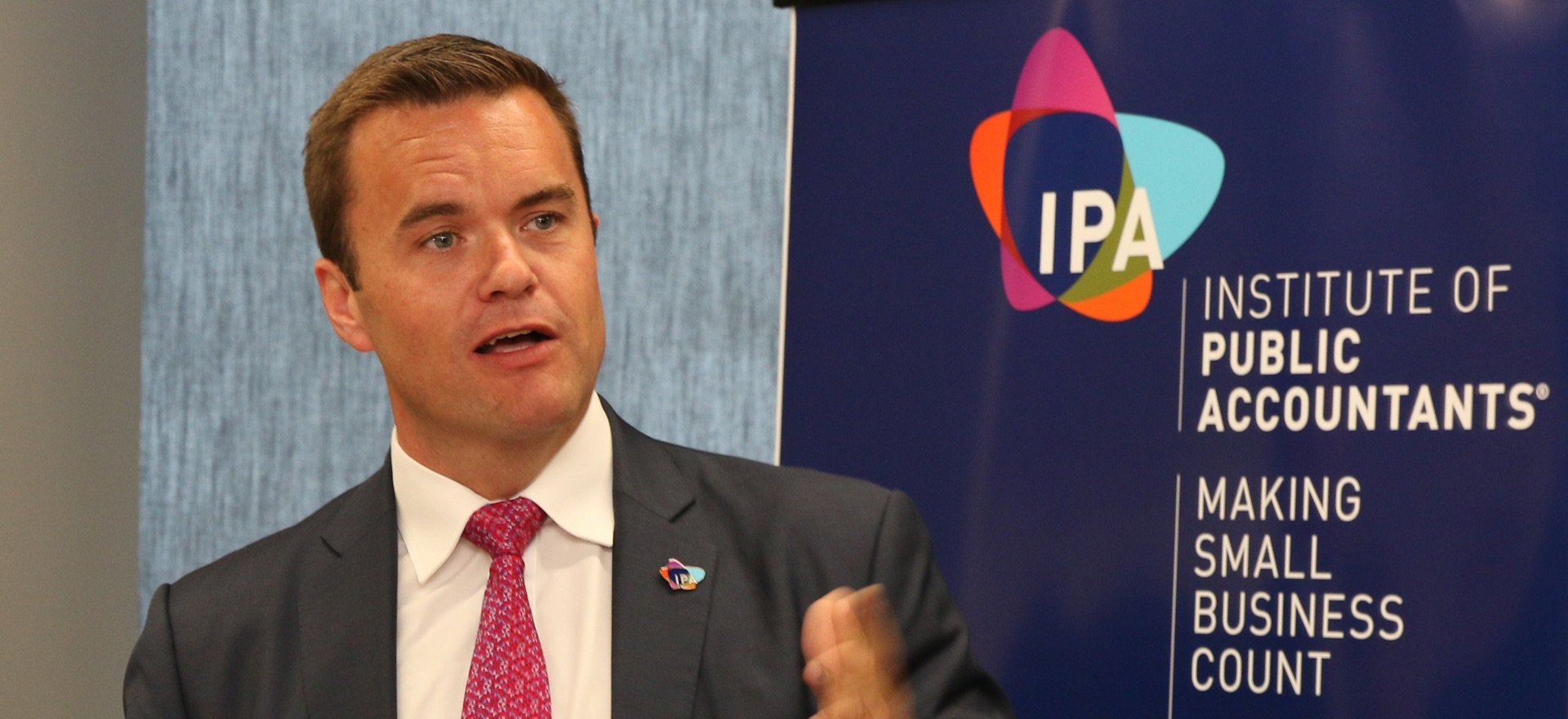1. Are there any legislative changes SMEs should be aware of this financial year?
The biggest change from July 1st, 2016 is that the turnover threshold for access to most small business concessions has had a 5-fold increase, moving from $2m to $10m. For any small businesses that use a corporate structure; the company tax rate has been reduced from 28.5 to 27.5 per cent. If you are a non-incorporated entity (sole trader, partnership or using a trust) the tax discount goes from 5 to 8 per cent so good news all round.
Lastly, the small business write-off of $20,000 applied for the 2016/17 year has been extended to the end of June 2018. It will be very unlikely that it will be extended again, so small businesses should take this into consideration with their CapEx planning.
2. Are there any ATO Changes affecting SMEs and what are the best ways to manage ATO tax debt?
Good record keeping and documentation are always essential. Small businesses need to constantly liaise with their trusted adviser to ensure they are constantly keeping within the ever-changing tax rules. With respect to tax debt, the ATO is quite flexible with debt payment plans suited to each business’s circumstances. The important thing is to engage with them early and stick to a realistic debt repayment plan. Otherwise, if you ignore them, the ATO can be your worst enemy.
3. What are the most common mistakes you’ve seen SMEs make when managing their finances and how can small business owners avoid them?
Managing cash flow is always an issue, even for successful businesses. Having a cash flow forecast and an idea of where to go to well before a ‘cash crunch’ occurs usually avoids most of the pitfalls. Another common mistake is around SMEs pricing their products or services to ensure they are getting a return for their time and effort. A break-even analysis is a useful tool to ensure business owners understand what level of turnover they need just to cover fixed costs. A lot of small businesses also do not put any superannuation aside for themselves. And don’t forget that all businesses (especially small businesses) like to be paid on time, so lead by example and ensure cash keeps flowing!
4. What should a small business owner look for when choosing an accountant?
Make sure you talk to the accountant first and ensure their values are aligned with yours and that they have the expertise and capacity to help you grow your business, including the potential for exporting. If the accountant is a member of the IPA, the SME client is assured they are being looked after by a professional who is held to highest professional and ethical standards. Additionally, make sure you engage an accountant early and keep in close contact to ensure their valuable insights are accessed throughout the year, rather than just at a single point in time for compliance needs.
5. An accountant can be a huge asset for any business owner, how can SMEs make the most of their accountant?
Accountants should be used like a hotel concierge service: a go to person for all important decision-making. An accountant is quite often capable of providing a broad range of business advice and can also introduce the client to other professional services where the need exists.
Accountants can ease the mental stress placed on business owners by being there to help them through tough times and good times. They don’t just look after the numbers; they can help to grow your business at every stage of the journey.
6. What is your advice to newer business owners, within the first year or two, to help simplify their finances?
One of the most important first tasks a new business needs to consider is what the most suitable business structure is – this is where an accountant can be invaluable. A clear business plan is another important thing to discuss with your trusted adviser, as it acts like a strategic roadmap ahead. Living without a business plan is living dangerously, as it needs to be constantly revisited to ensure the business is on track with what it set out to do. Another important issue is to stay on top of your finances with up to date information on key business metrics. These days, there is modern affordable software that can provide 24/7 data analytics so business owners shouldn’t be in the dark about how their business is tracking.
7. You hold the record for being the youngest CEO of a public entity, appointed when you were just 28 years old. What is your advice to small business owners on leadership and team building?
The key is to develop the fundamental ‘why’ of the organisation. This will attract people who share these beliefs. Having a clear vision, with people who understand that vision just as clearly – that is unstoppable. From a personal leadership perspective, leaders are only leaders because people choose to follow them. Getting to know your team and letting them get to know you is critical. There is no magic CEO school or ‘how to’ guide. Being open about your vulnerabilities and sharing the vision is critical to success.
8. How do you switch off and disconnect from work life?
It’s important to get time away from it all and find some sort of work/life balance. My family is of number one importance to me and I cherish the time we have together and try not to have that time comprised.




